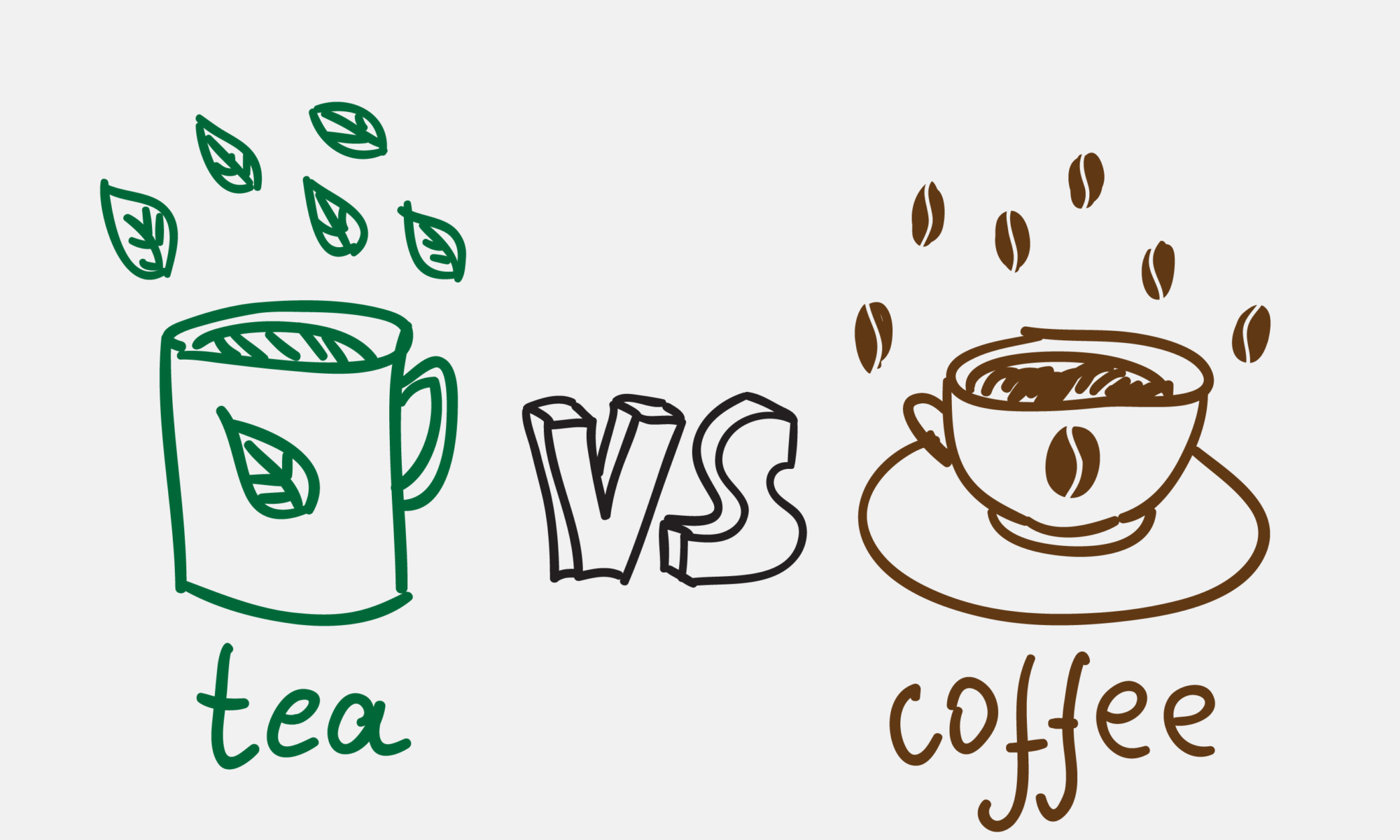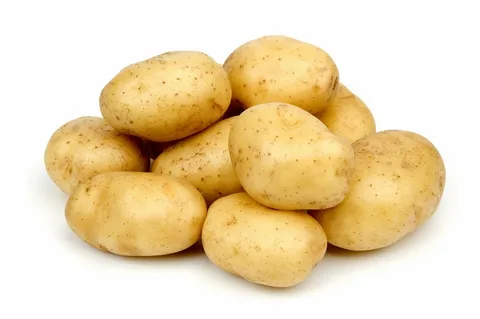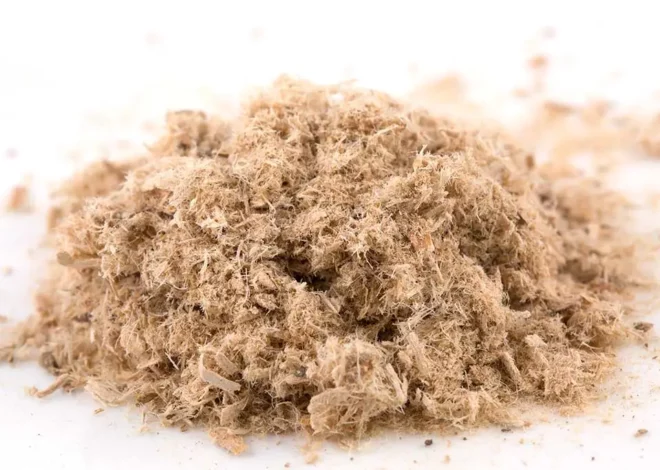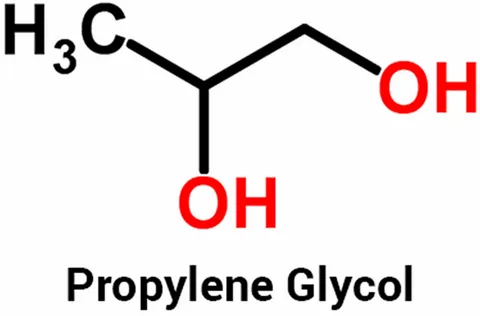
Caffeine in Tea vs. Coffee: How Do They Compare?
Introduction
Caffeine is one of the most widely consumed psychoactive substances in the world, found naturally in various beverages, including tea and coffee. While both tea and coffee offer a stimulating boost of caffeine, they differ in taste, aroma, caffeine content, and potential health effects. In this comprehensive guide, we’ll explore the similarities and differences between caffeine in tea and coffee, helping you understand how they compare and which might be the best choice for your lifestyle and preferences.
Understanding Caffeine
What is Caffeine?
Caffeine is a natural stimulant found in the leaves, seeds, and fruits of certain plants, including tea leaves and coffee beans. It acts on the central nervous system, temporarily increasing alertness, energy, and cognitive function.
Effects of Caffeine
Caffeine affects the body in various ways, including stimulating the release of adrenaline, blocking the action of adenosine (a neurotransmitter that promotes relaxation and sleep), and increasing dopamine levels in the brain. These effects can lead to increased wakefulness, improved focus, and enhanced mood.
Caffeine Content in Tea
Types of Tea
Tea comes from the leaves of the Camellia sinensis plant and is available in several varieties, including black tea, green tea, white tea, oolong tea, and herbal tea. Each type of tea has its unique flavor, aroma, and caffeine content.
Caffeine Content
The caffeine content in tea varies depending on factors such as the type of tea, the processing method, and brewing time. On average, a cup of brewed tea contains between 15 to 70 milligrams of caffeine, with black tea typically having the highest caffeine content and herbal tea being caffeine-free.
Caffeine Content in Coffee
Types of Coffee
Coffee is made from roasted coffee beans, and different brewing methods produce various types of coffee, including espresso, drip coffee, French press, and cold brew. Each type of coffee offers a unique flavor profile and caffeine content.
Caffeine Content
The caffeine content in coffee can vary significantly depending on factors such as the type of coffee bean, the roast level, the brewing method, and the serving size. On average, a standard 8-ounce cup of brewed coffee contains between 95 to 200 milligrams of caffeine, with espresso typically having a higher concentration.
Comparing Caffeine in Tea vs. Coffee
Caffeine Absorption
While both tea and coffee contain caffeine, the way caffeine is absorbed and metabolized in the body can differ between the two beverages. The caffeine in tea is often absorbed more slowly due to the presence of other compounds, such as L-theanine, which can modulate its effects and promote a more gradual energy boost. In contrast, the caffeine in coffee is absorbed more quickly, leading to a more rapid onset of effects.
Taste and Aroma
Tea and coffee offer distinct flavor profiles and aromas, influenced by factors such as the type of tea leaf or coffee bean, the origin, the processing method, and the brewing technique. Tea may have a more delicate and nuanced flavor, with floral, grassy, or earthy notes, while coffee often has a bolder, richer flavor with hints of chocolate, nuts, or fruit.
Caffeine Content
While coffee generally has a higher caffeine content per serving compared to tea, the actual caffeine intake can vary depending on factors such as brewing strength, serving size, and individual preferences. Those looking for a milder caffeine boost may prefer tea, while coffee enthusiasts may opt for a stronger jolt of caffeine.
Health Considerations
Antioxidants
Both tea and coffee contain antioxidants, compounds that help neutralize free radicals and protect cells from damage. Tea is particularly rich in catechins and flavonoids, while coffee contains chlorogenic acid and other polyphenols. Consuming moderate amounts of tea or coffee as part of a balanced diet may contribute to overall health and well-being.
Hydration
Despite containing caffeine, both tea and coffee can contribute to overall hydration when consumed as part of a well-balanced diet. While caffeine has mild diuretic effects, the water content in tea and coffee helps offset fluid loss, making them suitable choices for hydration.
FAQs (Frequently Asked Questions)
Is Tea Healthier Than Coffee?
Both tea and coffee offer health benefits due to their antioxidant content, but the choice between the two depends on individual preferences and dietary habits. Some people may prefer the taste and aroma of tea, while others may prefer the bolder flavor of coffee.
Does Green Tea Have More Caffeine Than Black Tea?
Contrary to popular belief, green tea does not always contain more caffeine than black tea. The caffeine content in tea can vary depending on factors such as the type of tea leaf, the processing method, and brewing time. While some green teas may have higher caffeine levels than certain black teas, this is not always the case.
Can Decaf Tea or Coffee Still Contain Caffeine?
Yes, decaffeinated tea and coffee still contain small amounts of caffeine, although significantly less than their regular counterparts. The decaffeination process removes most, but not all, of the caffeine from the beans or leaves, resulting in a beverage with reduced caffeine content.
Does Caffeine Content Vary Among Coffee Bean Varieties?
Yes, the caffeine content can vary among different coffee bean varieties, with factors such as the species of coffee plant, the growing conditions, the altitude, and the processing method influencing caffeine levels. Robusta coffee beans generally contain more caffeine than Arabica beans, although there can be variations within each category.
Can I Get Addicted to Caffeine from Drinking Tea or Coffee?
While caffeine consumption can lead to physical dependence and withdrawal symptoms in some individuals, moderate consumption of tea or coffee is unlikely to result in addiction for most people. However, those with a history of caffeine sensitivity or dependency should monitor their intake and consider reducing consumption if necessary.
Conclusion
Tea and coffee are popular beverages enjoyed worldwide for their distinct flavors, aromas, and caffeine content. While both offer a stimulating boost of caffeine, they differ in taste, caffeine content, and potential health benefits. Whether you prefer the subtle complexities of tea or the bold richness of coffee, incorporating moderate amounts of these beverages into your diet can contribute to overall hydration, enjoyment, and well-being. By understanding the similarities and differences between caffeine in tea and coffee, you can make informed choices that align with your individual preferences and lifestyle.
- Skin Pen Microneedling Near New Malden And Coombe, Surrey - January 4, 2025
- Traptox Aka Trapezius Botox Treatment Near West Molesey, Surrey - January 3, 2025
- Lithophilia Fetish: The Sensory Appeal Of Stones - January 2, 2025



